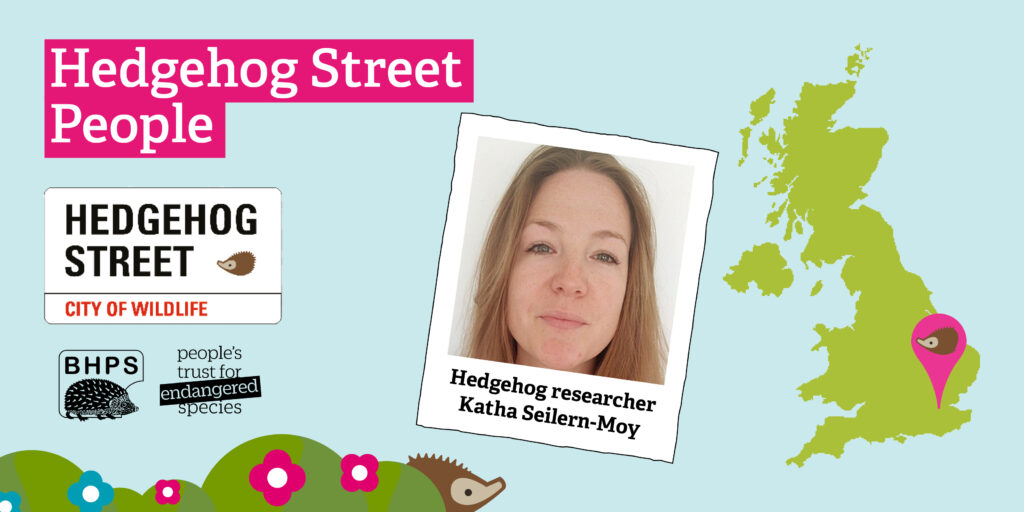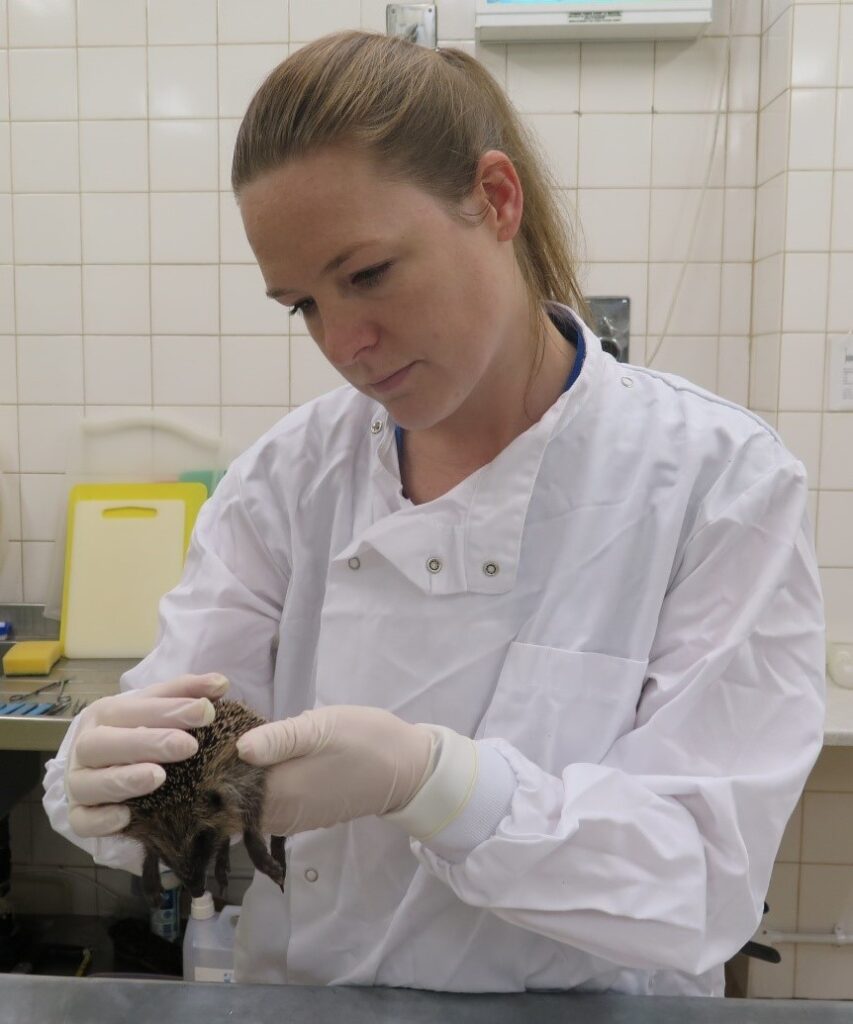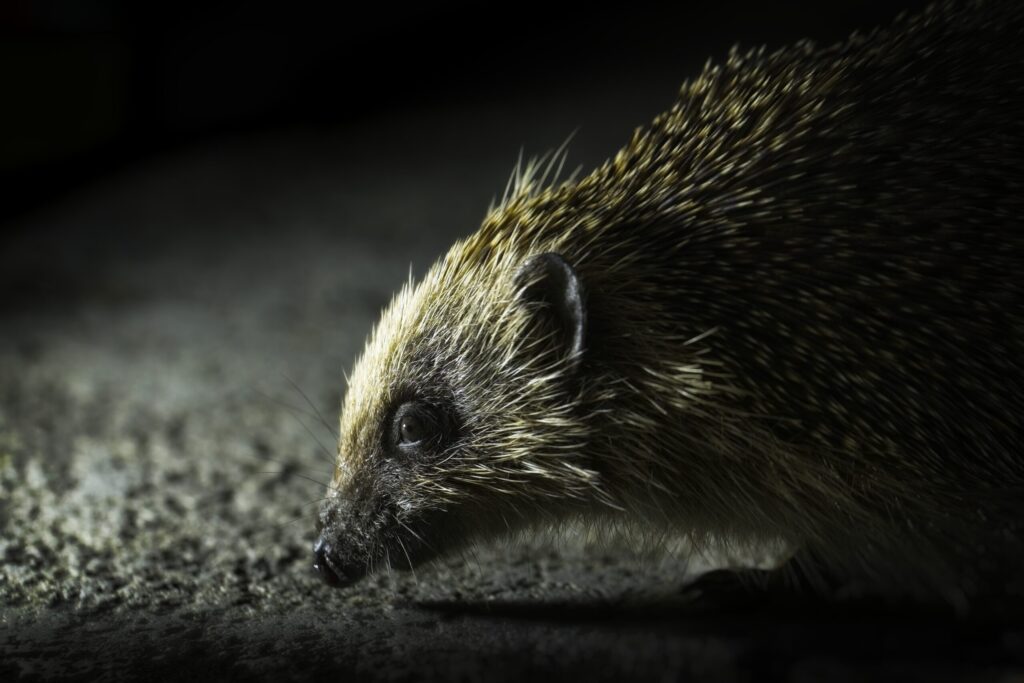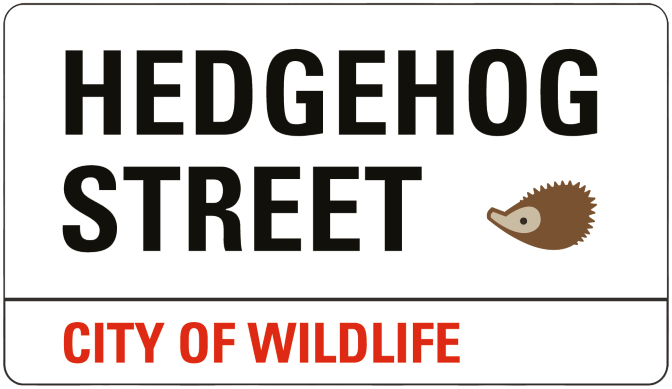Hedgehog Street People: Hedgehog Researcher Katha
20th October 2023
Dr Katharina Seilern-Moy is a wildlife vet who has been working with British hedgehogs for seven years as part of Garden Wildlife Health, a Citizen Science project, based at the Zoological Society of London. We asked her about her interest in hedgehogs and her work.

“Always having been fascinated with the variety of wild animals roaming our planet, the beauty and complexity of the wildlife found at our doorsteps is something I have become more and more fond of. And as this interest grew, so did my understanding of the urgent need for conservation of our native species, given the numerous threats wildlife faces, and I found my career starting to centre on the health and welfare of British wildlife.
The British hedgehog, a beloved resident of gardens, parks, and hedgerows that has captured the hearts of many generations, has become one of my personal favourites. Sadly however, hedgehogs are facing a range of challenges that require our urgent attention and support.”

“The causes for the observed decline in British hedgehog populations are thought to be multifactorial, including for example habitat loss and fragmentation, reduced natural food sources, and road traffic accidents. The Garden Wildlife Health project, which I am working with for many years now, focuses on investigating whether infectious or non-infectious diseases may also play a contributing role in this decline.”

“As a Citizen Science project, Garden Wildlife Health relies on the public to help by reporting sightings of ill health or death in hedgehogs (as well as garden birds, amphibians and reptiles) directly via the project’s website. These reports allow us to collate information to learn more how disease might be affecting the hedgehog’s welfare and conservation status. There is also an option to offer freshly dead carcasses for post-mortem examination, which, should submission be considered possible and useful, enables us to look into the cause of death, as well as gain an understanding of any underlying conditions that might be present. All this information then helps to produce evidence-based guidance (on the Garden Wildlife Health website, you can find lots of information on common disease conditions in hedgehogs and what to do) and supports development of strategies to mitigate potential threats to hedgehogs and other wildlife.
The value of public participation cannot be overstated – the information gained from your observations enable the our team to conduct research on this protected species for over a decade now. Together, through collective efforts, from disease surveillance to making our gardens more hedgehog-friendly, we can all play a part in safeguarding the future of these iconic mammals in Great Britain.”

